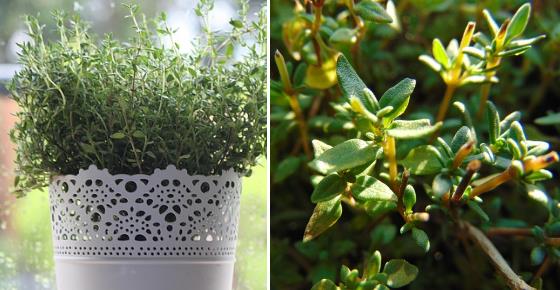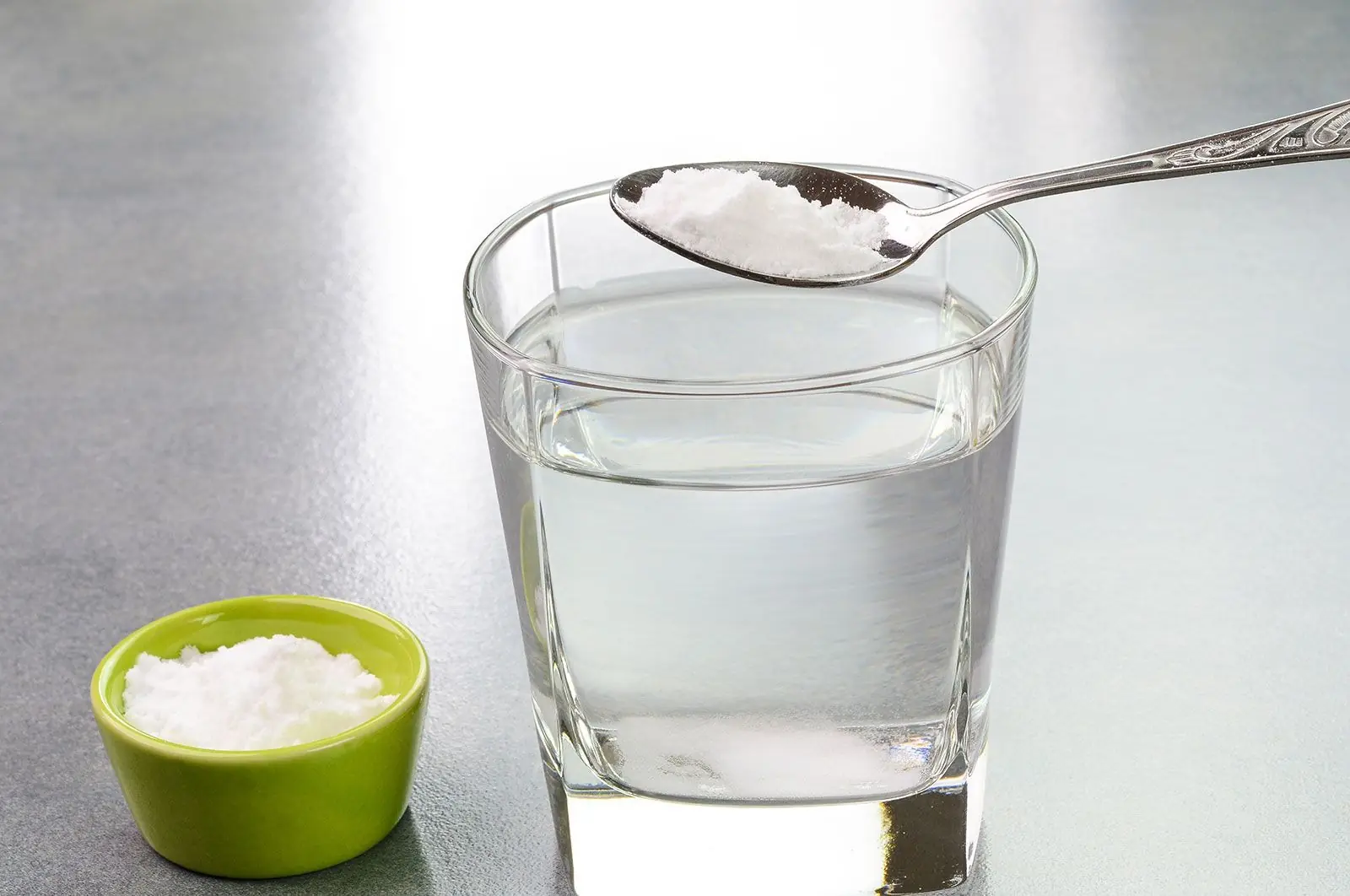
Proven Health Benefits and Uses of Thyme and Thyme Tea

Thinking of adding thyme into your diet or herbal-regimen? That’s a great idea — but to get the most out of it, it helps to understand what thyme brings to the table, how its benefits work, and what precautions to keep in mind.
Nutrient Profile & Bioactive Compounds
Thyme is more than a flavouring herb: it contains a notable mix of vitamins, minerals, and plant-compounds. For instance, studies show thyme is rich in antioxidant flavonoids, phenolic acids, and the essential oils thymol and carvacrol, both of which play major roles in its health-effects.
According to comprehensive reviews, thyme’s phytonutrient content (proteins, crude fibre, minerals and vitamins) is substantial among herbs of the Lamiaceae family.
Key Benefits of Thyme
1. Antioxidant & Anti-inflammatory Action
Thyme’s active compounds combat oxidative stress (free radicals) and reduce inflammation — both of which are underlying contributors to many chronic diseases.
For example, the compound thymol may enhance the activity of other antioxidants (such as vitamins C & E).
2. Antimicrobial & Antifungal Effects
Research shows thyme oil and extracts can inhibit the growth of various bacteria (for example E. coli, Staphylococcus) and fungi (including Candida).
This supports traditional uses of thyme in food preservation, mouth-care, and for respiratory & skin infections.
3. Respiratory Support & Cough Relief
Thyme has been used traditionally for respiratory complaints; clinical studies indicate combinations of thyme + other herbs reduce coughing and mucus production in bronchitis or upper respiratory tract infections.
4. Mood & Nervous System Benefits
Emerging evidence suggests thyme’s volatile compounds (e.g., carvacrol) may influence mood by increasing serotonin and dopamine levels in animal studies — hinting at a role in emotional wellness.
5. Skin, Hair & Cosmetic Uses
Thanks to its antimicrobial, anti-inflammatory and antifungal properties, thyme is included in skincare for acne, fungal skin infections, and as a natural preservative in cosmetic formulations.
6. Culinary Versatility and Everyday Use
Beyond the medicinal uses, thyme is extremely adaptable in the kitchen — used in Mediterranean cuisines, stews, roasts, oils and marinades. Its inclusion ensures one benefits from flavour and nutrition together.
How to Use Thyme for Health
-
Use fresh or dried thyme leaves in your cooking: sprinkle on vegetables, poultry, fish or add to soups and stews.
-
Brew a simple thyme tea: steep fresh or dried leaves in hot water for a few minutes to support respiratory health and digestion.
-
Consider thyme-essential oil only when diluted properly (for aromatherapy or topical use) — ingestion of concentrated oils requires caution.
-
Choose organic or high-quality sources whenever possible, and avoid over-consuming in concentrated supplement or oil form.
Important Precautions & Realistic Expectations
-
Most of the strong health claims for thyme (e.g., anticancer, major cardiovascular effects) come from in-vitro (lab) or animal studies. Human studies remain limited.
-
Thyme is generally safe in culinary amounts, but high doses (especially of its essential oil) may pose risks: allergic reactions, gastrointestinal discomfort, or interactions with medicines.
-
If you are pregnant, nursing, on medication (especially blood-thinners), or have a known allergy to the mint family (Lamiaceae), consult your healthcare professional before using thyme medicinally.
-
Remember: thyme complements a healthy lifestyle — it is not a substitute for medical treatment for serious conditions.
Why It’s Worth Adding Thyme to Your Routine
Incorporating thyme is a relatively easy, low-risk way to enhance the flavour of your meals while also delivering beneficial plant-compounds that support overall health. It aligns well with whole-foods and Mediterranean-style eating patterns.
Given its breadth of potential benefits — from antioxidant, antimicrobial to mood- and skin-supportive actions — thyme deserves consideration as part of a balanced diet and wellness plan.
News in the same category


9 cancer warning signs your body is sending you (don’t ignore these!)

Your legs have a “second heart” — and one simple move can reactivate it fast

Doctor warns: your ‘healthy’ lemon water habit is actually destroying your liver – here’s what you’re doing wrong

How to Tell If You Have Intestinal Parasites and What to Do About That

2026’s hottest health drink: A natural boost for blood pressure and diabetes

This Salt, Pepper and Lemon “Miracle-Mix” Can Help Solve 9 Problems

Scientists Discover The Maximum Age a Human Can Live To

Signs of Arthritis You Shouldn’t Ignore

The Life-Changing Effects Of Adding Just A Pinch Of Baking Soda To Your Water

WHAT HAPPENS WHEN YOU EAT 3 WHOLE EGGS EVERY DAY — THE RESULTS MAY SURPRISE YOU

Remove This from Your Home to Live Longer

This Ancient Seed Oil May Calm Knee Pain Better Than Tylenol, Study Finds

This Common Vitamin Deficiency Could Be Raising Your Colorectal Cancer Risk — and Half the World Is Affected

Lower Blood Sugar Naturally by Training Just Two Leg Muscles

Forget Aspirin — This Everyday Fruit Could Protect You from Stroke and Heart Attack

Garlic, honey, and cloves – a powerful natural remedy packed with health benefits

Anyone Whose Hair Is Falling Out Needs To Make This 2-Ingredient Drink Immediately

Mix Bananas, Honey and Water: Cough and Bronchitis Will Disappear
News Post

‘Is This True …’: Trump Had No Clue a Dangerous Situation Was Unfolding — and By the Time It Reached Him, His Team Was Already Scrambling

BBC EastEnders fans 'floored' after realising Junior Knight actor's real age

The White House Communications Office is saying our story is not true. We stand by our story. Our story is accurate.

D4vd's Friends Thought He Was Celeste Rivas' Boyfriend, Thought She Was 19

Netflix's Being Eddie release date and what to expect from the Eddie Murphy special

Man Builds “Museum Of Love” To Honor Late Wife’s Memory

MAFS UK's Julia-Ruth issues statement after 'three husbands' bombshell

Strictly star Harry Aikines-Aryeetey addresses ‘heartbreaking’ elimination: ‘It’s nice to go out on a party’

Seven Types of Pain You should Never Ignore

Stop throwing out old plastic food containers

6 things that mice are very afraid of

9 cancer warning signs your body is sending you (don’t ignore these!)

Your legs have a “second heart” — and one simple move can reactivate it fast

Doctor warns: your ‘healthy’ lemon water habit is actually destroying your liver – here’s what you’re doing wrong

Why You Shouldn’t Rush to Fold the Bed When Checking Out of a Hotel

You are doing it all wrong. Here's the right way to boost your immunity naturally

My ear feels clogged all the time, but nothing comes out. No wax of fluid. Doctor appt is far away. What could this be?

Wow, I never knew this!
